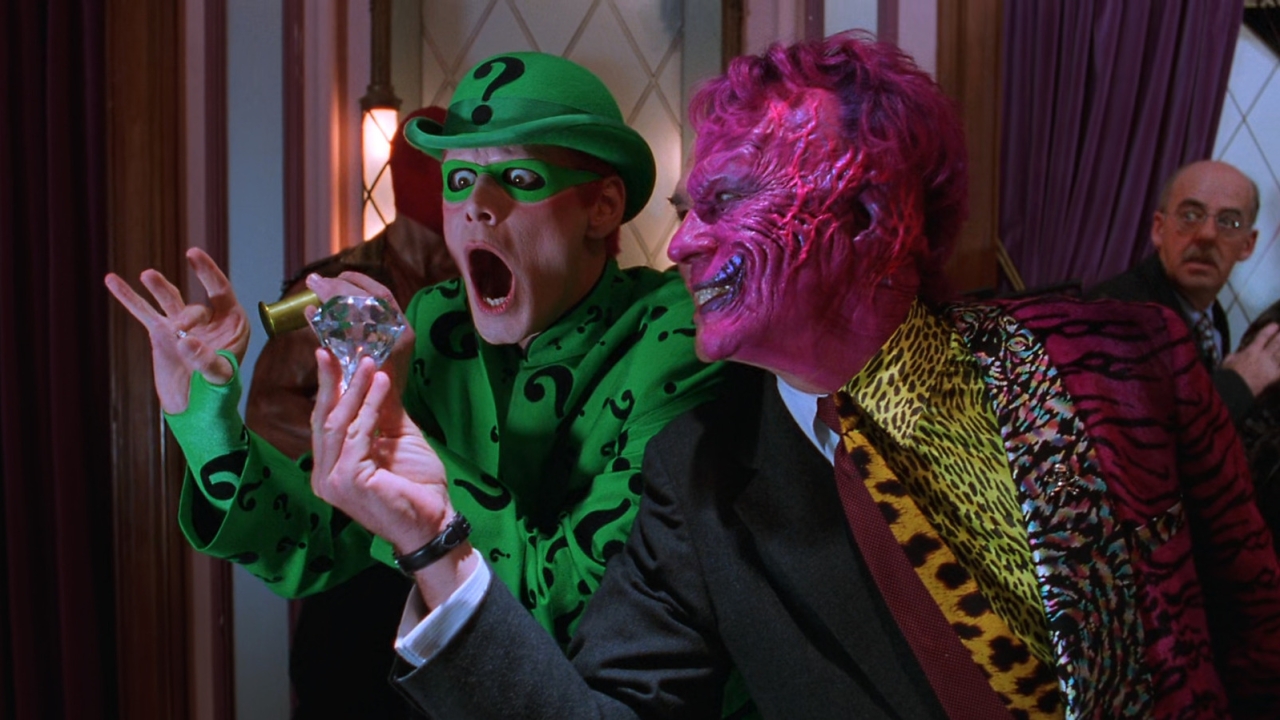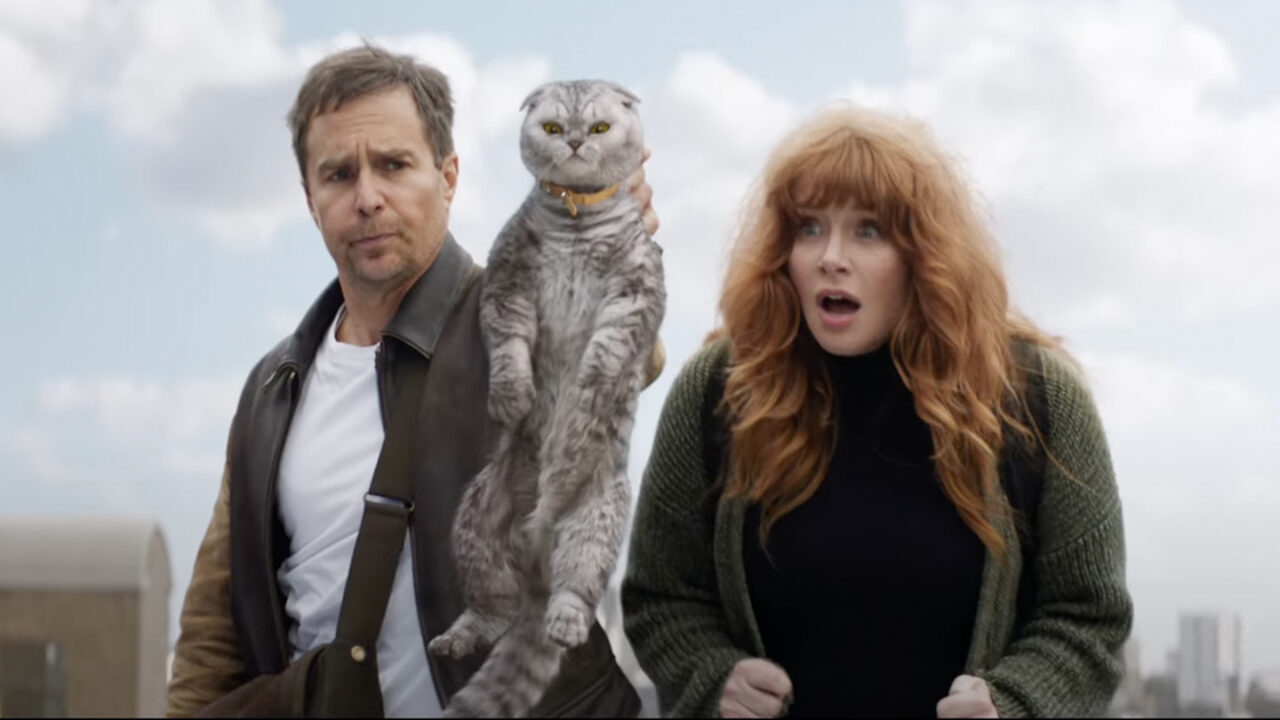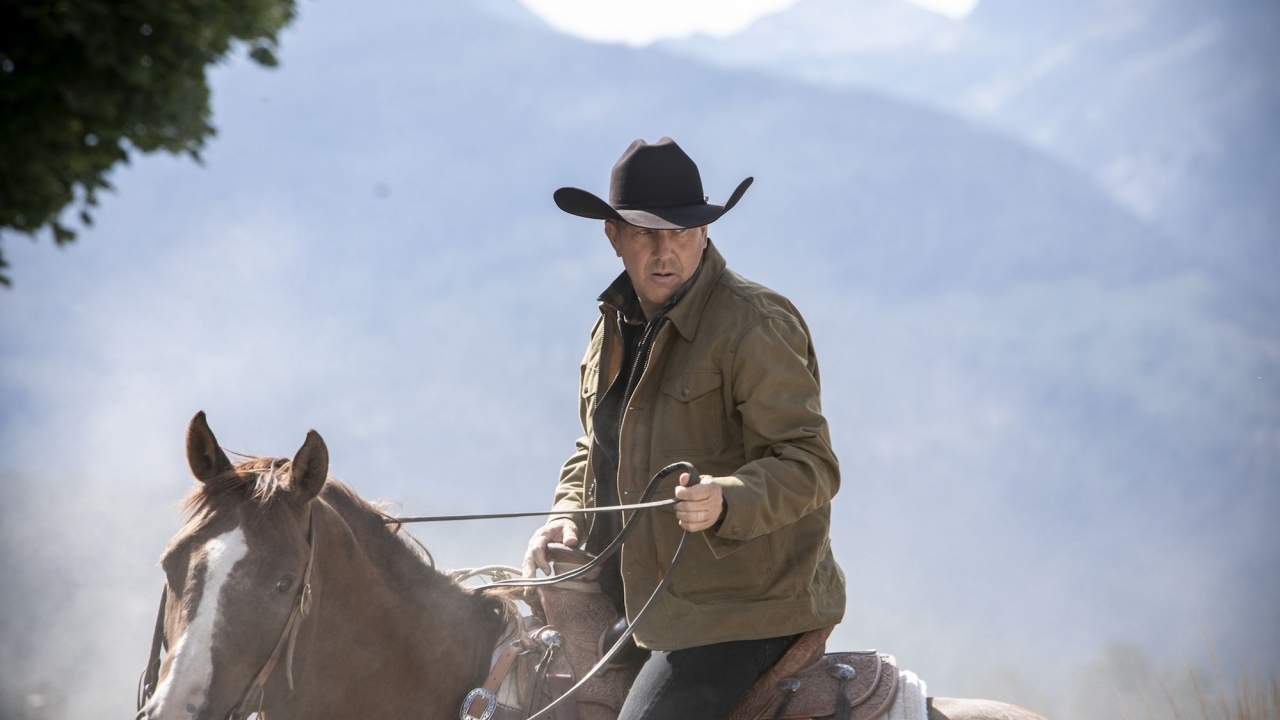Exploring the Missteps of Tim Burton's Planet of the Apes Remake
News - 12 January 2024
 In 2001, Tim Burton took on the task of remaking the classic film, Planet of the Apes. The movie received a mix of reviews, with many viewers expressing disappointment, particularly due to the perplexing ending that continues to be criticized till this day. So, what exactly went wrong in Burton's version of the film?nnThe story follows astronaut Leo Davidson, played by Mark Wahlberg, who crash-lands on an ape planet named Ashlar in a distant future.
In 2001, Tim Burton took on the task of remaking the classic film, Planet of the Apes. The movie received a mix of reviews, with many viewers expressing disappointment, particularly due to the perplexing ending that continues to be criticized till this day. So, what exactly went wrong in Burton's version of the film?nnThe story follows astronaut Leo Davidson, played by Mark Wahlberg, who crash-lands on an ape planet named Ashlar in a distant future.He finds himself trapped in a world ruled by the ruthless General Thade, portrayed by Tim Roth. Determined to find a way back to his own time, Leo eventually escapes and makes it back through an electromagnetic storm, only to find Earth under the control of apes as well.nnThe film's twist reveals that the planet Leo initially landed on was actually Earth all along.
While the original film depicted a civilization where apes ruled and humans were subservient, Burton's version takes place in a setting that resembles Earth, with apes speaking English and familiar environmental conditions. This twist added an intriguing layer to the story, raising questions about the nature of time travel and parallel universes.nnThe timeline of events in the film becomes somewhat convoluted due to Leo's time-traveling journey.
He arrives on Ashlar in the year 5021 and returns to Earth in 2029, but the twist suggests that General Thade had already conquered Earth long before Leo's arrival. The climax of the film reveals that the 'Lincoln Memorial' statue is actually a tribute to General Thade, hinting at a divergent history where apes have become the dominant species on Earth.nnWhile the ending was likely intended to provoke thought and add depth to the story, many viewers found it lacking in clarity and significance.
Some criticized it as a feeble attempt to replicate the shock value of the iconic twist in the original 1968 film, where the Statue of Liberty is revealed as a remnant of human civilization. For these critics, Burton's remake fell short in offering a fresh perspective on the narrative or exploring deeper themes, coming across as a superficial rehash with unnecessary alterations.nnBurton's Planet of the Apes is often cited as a cautionary tale in the world of film remakes, demonstrating how a lackluster execution can veer a beloved classic off course.
Following the lukewarm reception of Burton's version, it took a decade before Hollywood revisited the 'Apes' franchise. However, the reboot with Rise of the Planet of the Apes in 2011 marked a successful return to form, kickstarting a beloved trilogy that concluded in 2017 with War for the Planet of the Apes, and continuing this year with Kingdom of the Planet of the Apes.nnIn hindsight, Burton's Planet of the Apes serves as a reminder of the challenges and pitfalls of revisiting beloved stories and iconic films.
While his take on the tale may not have resonated with audiences as intended, it paved the way for a resurgence of the franchise that has captured the hearts of moviegoers worldwide. With each new installment, the 'Apes' series continues to evolve and captivate audiences, proving that even a disappointing remake can lead to unexpected successes in the world of cinema.











